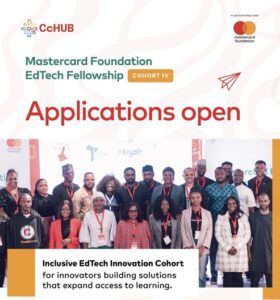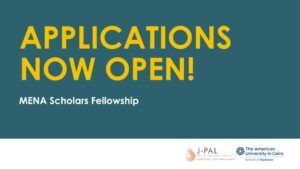AVAC’s Advocacy Fellows Program launched in 2009. It is designed to support emerging and mid-career advocates to design and implement advocacy projects focused on HIV prevention in their countries and communities. In addition to this focus on HIV, Fellows’ project goals may also incorporate a focus on broader health equity, structural issues and/or TB or COVID-19 prevention. Advocacy Fellows carry out their projects while based at Host Organizations that serve as active partners in the Fellows Program process. AVAC provides technical and financial support to Fellows—both salary and project budget—for the duration of the Fellow period (April 2022 – September 2023).
The AVAC Advocacy Fellows Program fosters a network of deeply informed, skilled and confident advocates to strengthen and expand advocacy for HIV prevention locally, regionally and globally. Their voices accelerate ethical research and equitable access to interventions, and their oversight demands accountability so that interventions that work reach those who need them most
The Advocacy Fellows Program will run for 18 months, from April 2022 through September 2023.
Eligibility
- Emerging or mid-career community leaders and advocates interested in strengthening advocacy skills and advocating for HIV prevention. While the primary focus is on HIV biomedical prevention interventions, applicants can also incorporate advocacy that includes COVID-19 prevention.
- Individuals with experience or education in HIV and/or COVID-19 or other areas of public health, or in advocacy for key populations, such as sex workers, LGBTQ individuals and drug users, among others, or in advocacy for social and economic justice.
- Individuals based in low- and middle-income countries with high HIV burdens and where HIV prevention research is ongoing or where new interventions are being introduced. To see where HIV research and rollout is being conducted, visit the Prevention & Research database and the Trial Map. Please note that for 2022 fellowships, the priority focus is on eastern and southern Africa.
- Those proficient in the English language.
- Those able to demonstrate awareness of ongoing HIV or COVID-19 prevention in respective countries and a willingness to learn more, although extensive knowledge is not required. They must also provide a strategic analysis of how to influence local landscapes.
Benefits
- Knowledge building, technical support, mentorship and advocacy development to implement projects that advance HIV prevention, and may also address COVID-19 prevention and the structural factors that drive epidemics and pandemics. Both Advocacy Fellows and their Host Organizations gain these benefits.
- Connection to a global network of advocates, including current and alumni AVAC Fellows, researchers, implementers, government representatives, civil society leaders and other individuals and organizations in the field of health and rights.
- Financial support for project implementation over 12 months. Through a grant to the Host organization, the Fellow will receive full-time salary support, a budget for project execution and access to a discretionary fund for specific travel, infrastructure needs, and information technology (IT) needs.
- Overhead administration funding to the Host Organization to cover costs associated with hosting a Fellow will be included in the grant.
- Overhead costs incurred by the organization to administer the grant refer to expenses that are not directly attributed to the activity of the Fellows’ project. Examples include: a portion of rent, phone, and some personnel costs of the Host Organization such as the Host
- Supervisor’s time, accounting and administrative staff time. Overhead costs are calculated at 15 percent of the total grant for indirect costs and an additional 10 percent specifically allocated for supervision and mentorship support.
- Increased skillset, including communications, project management, research literacy, advocacy and convening
Application Deadline: 12 October 2021
For More Information:

